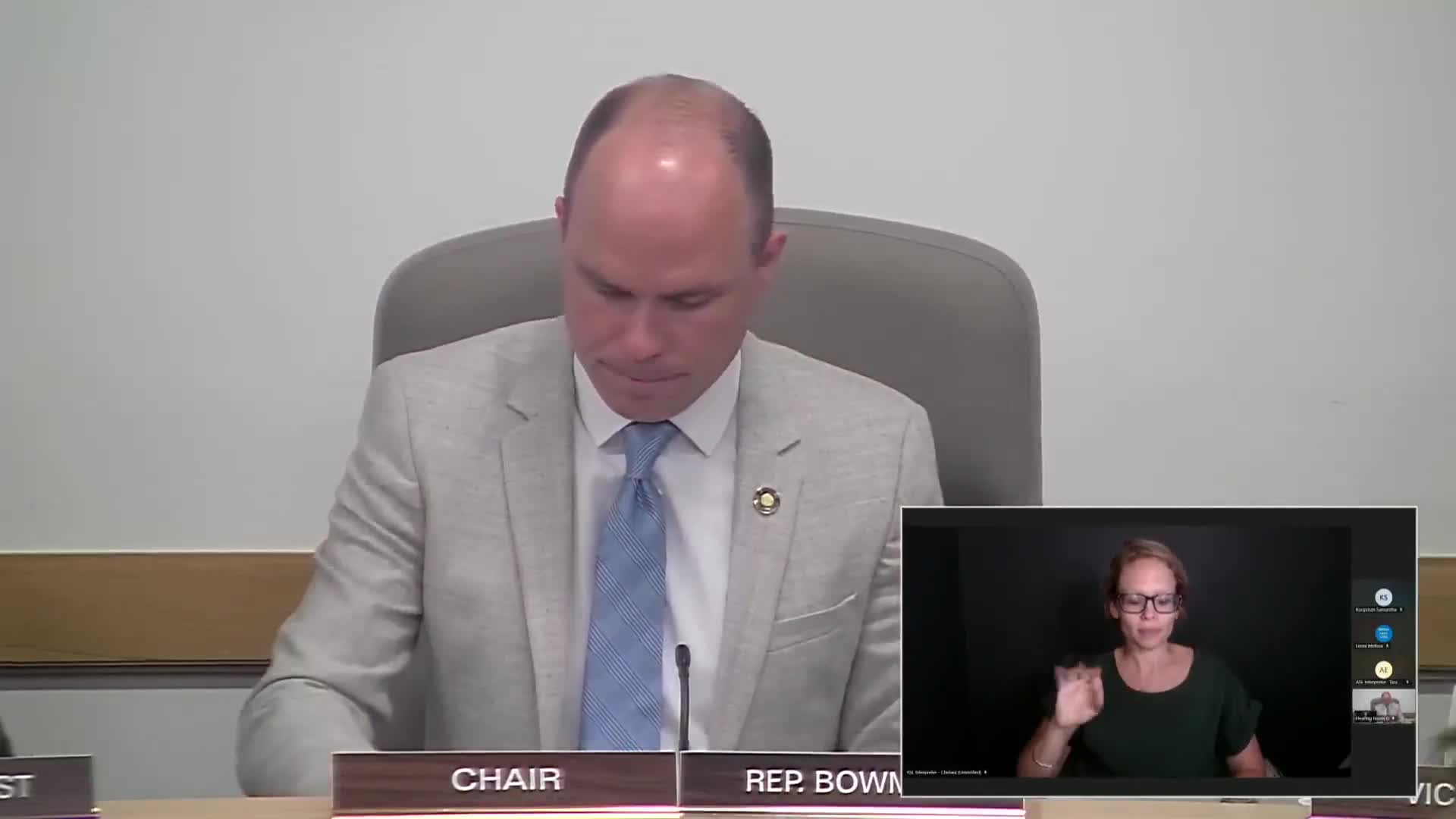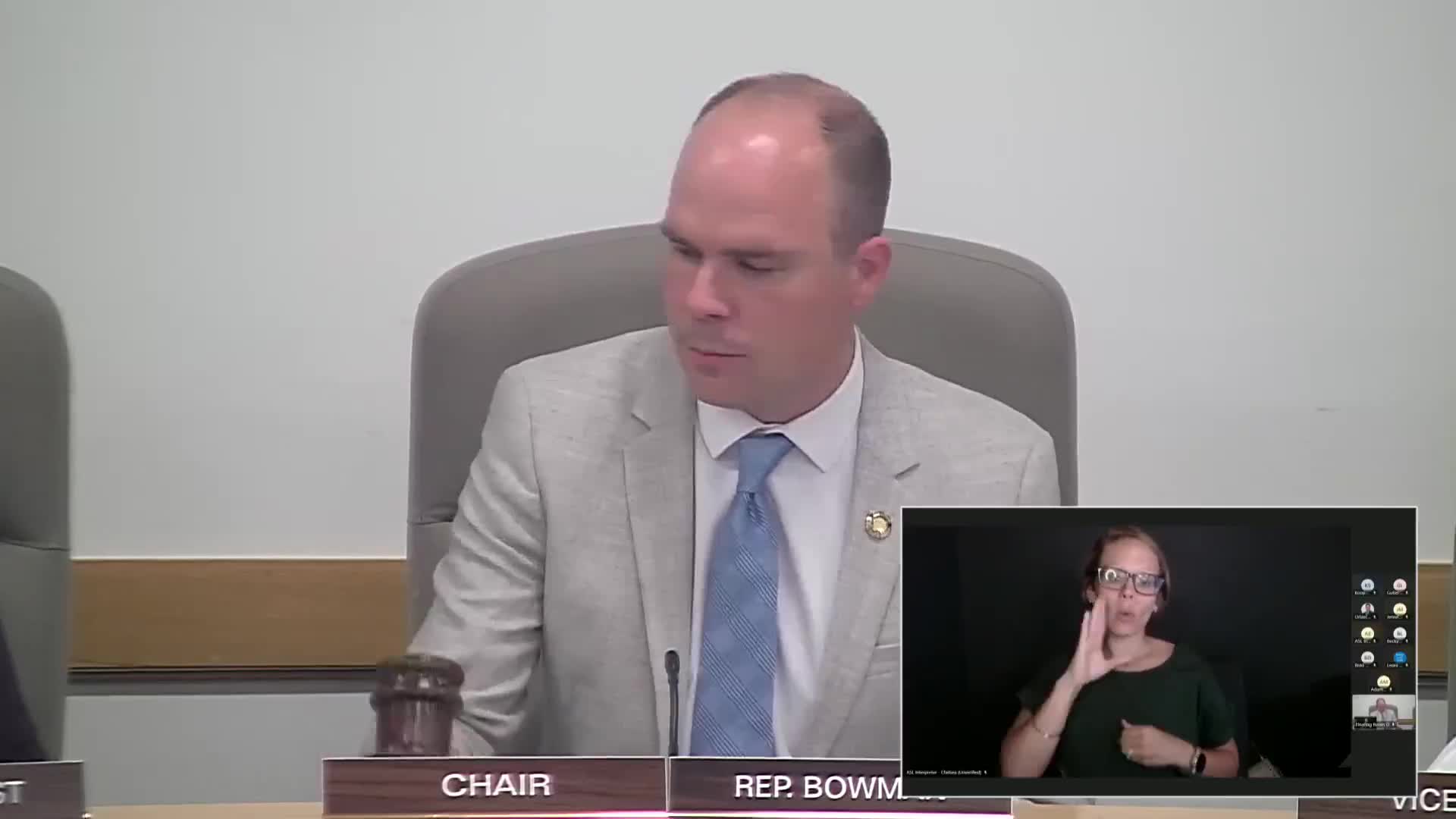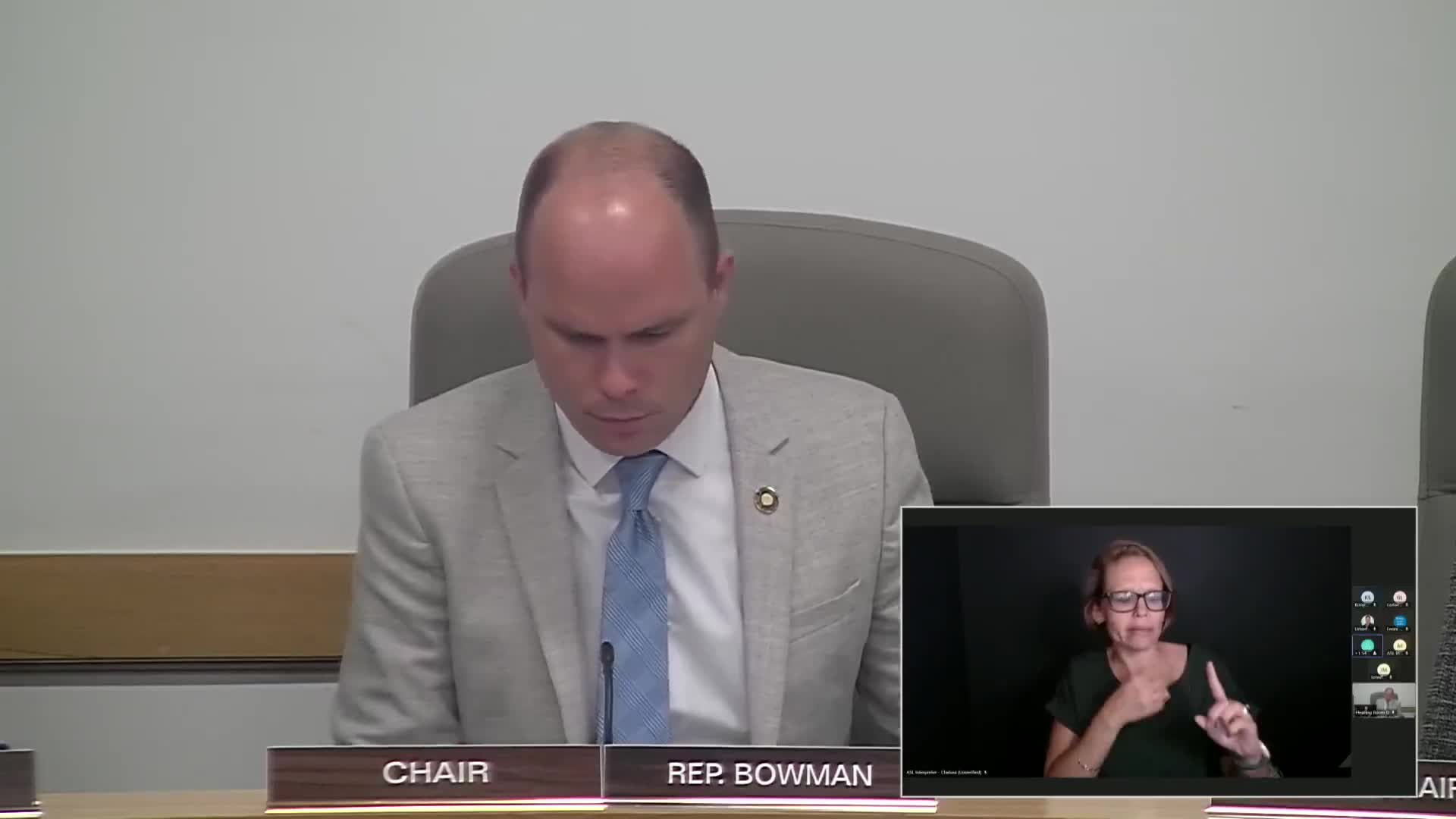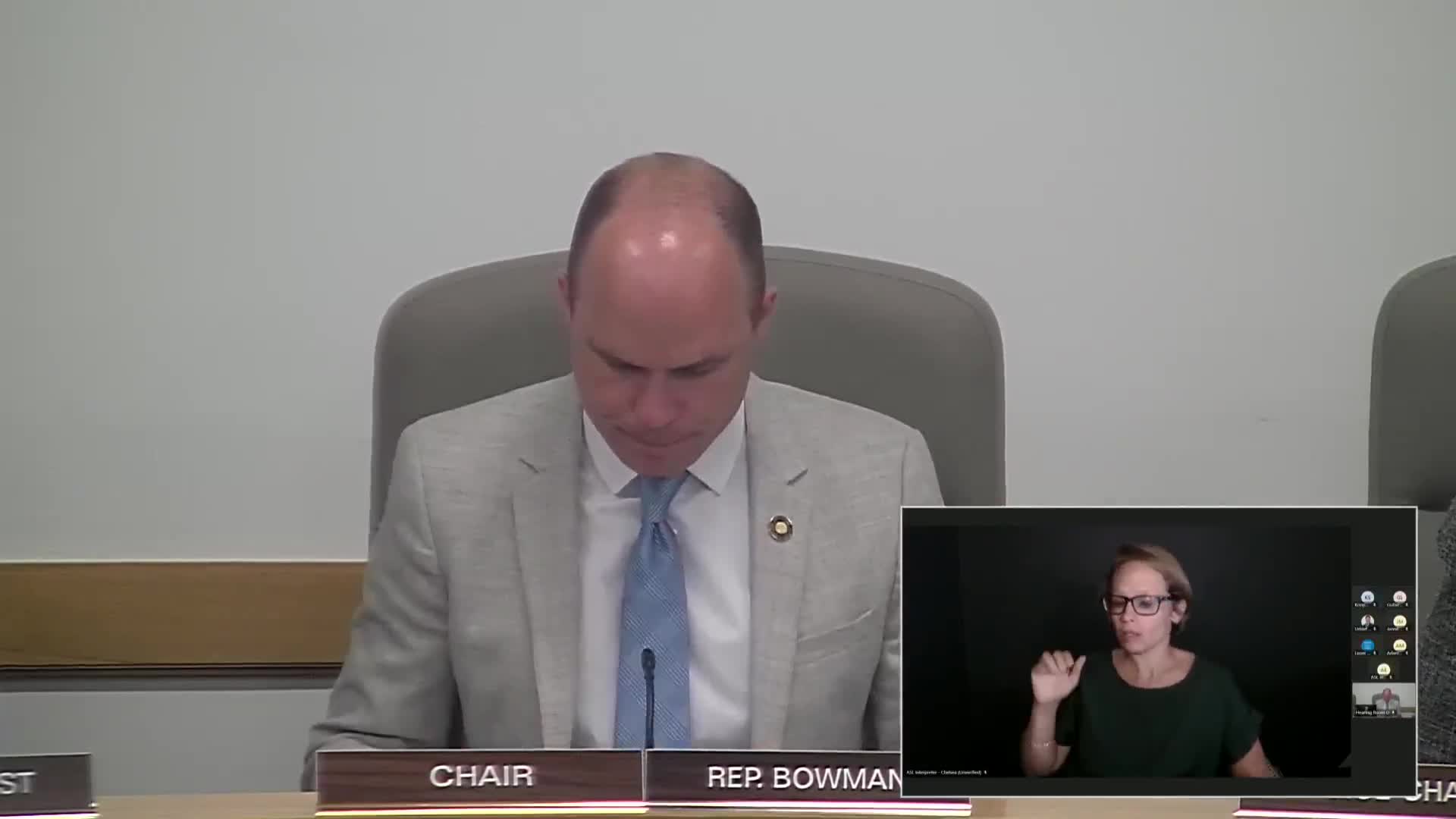Article not found
This article is no longer available. But don't worry—we've gathered other articles that discuss the same topic.

Panel debates raising major‑party threshold; committee adopts an amendment that would limit cross‑nominations to major parties

Oregon committee hears bipartisan push for limits on bills to curb backlog and staff strain

Amendments to Senate Bill 951 debated: committee hears bid to void many medical noncompetes and tighten MSO rules

